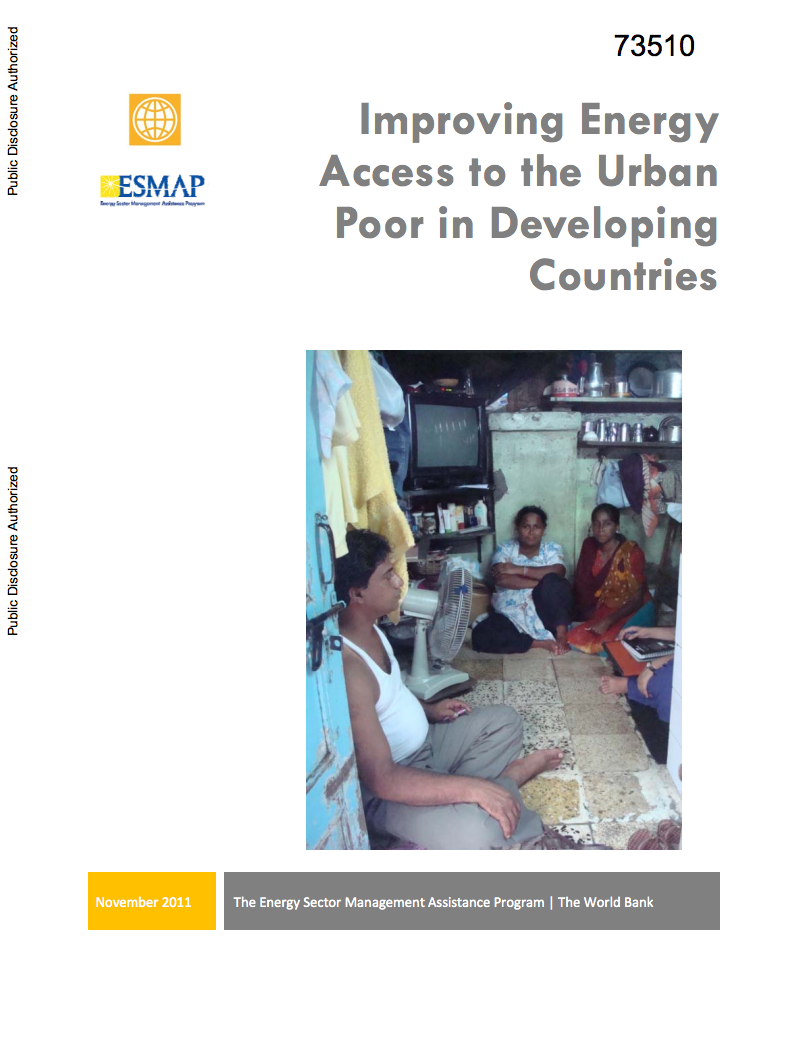The Future of Water in African Cities : Why Waste Water? Integrating Urban Planning and Water Management in Sub-Saharan Africa, Background Report
This paper is one of a series of
analytical studies commissioned by the World Bank's
Africa Region and Water Anchor which are intended to
identify and address the future challenges of urban water
supply, sanitation and flood management in Sub-Saharan
Africa's (SSA) cities and towns. Following the terms of
reference for the assignment, and as indicated by its title,
the paper is directed at understanding and describing the


